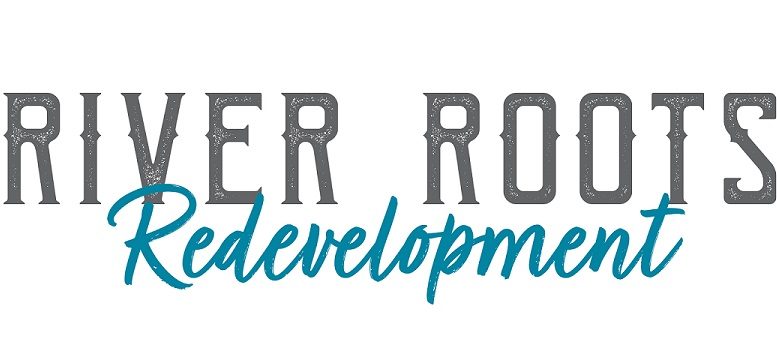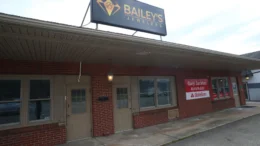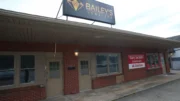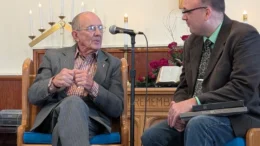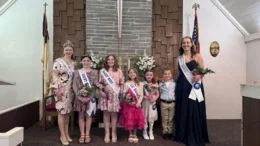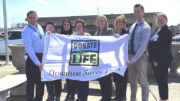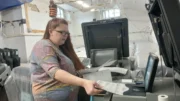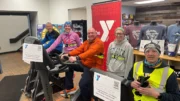If you were to Google “ecotourism” you would see that various organizations define the term slightly differently. For the sake of this article, we are going to look at ecotourism as “nature-based tourism intended to support wildlife and conservation and the local economy.” Now that we’ve defined ecotourism, let’s look at how it ties in with redevelopment and the Oil Region.
Most of what you hear about ecotourism might be centered on the tourism industry in places like Africa, where tourism has been shifting to support conservation efforts and a more sustainable local economy while also reducing deforestation and poaching. This type of tourism has made a huge impact in places like Mozambique where organizations are using ecotourism to create employment and income for the people who live in the area and also support on-the-ground conservation work.
Here in the Oil Region, ecotourism can be intertwined with redevelopment efforts to bring many of the same benefits. Sustainable development has to include considerations for community, economy, and environment, among other things, and ecotourism meets these considerations head-on. Our area is rich in natural beauty and opportunities to combine ecotourism initiatives, such as nature trails, wildlife observation points, and eco-lodging to existing assets like our bike trails, parks, and historic places. Incorporating ecotourism in redevelopment plans can foster economic growth while, at the same time, preserving and showcasing natural resources.
Ecotourism is also a boost to the local economy. By creating these places right here in the Oil Region, we can avoid taking our money outside of the local economy and, instead support local businesses and organizations. We can attract others to come in and boost the economy. And, we can create new jobs that could allow for a better standard of living for our residents.
The Allegheny River and Samuel Justus Trails are great examples of ecotourism and how it works in redevelopment. Creating the bike trails took existing, defunct rail beds and turned them into an attraction for both locals and tourists and also created opportunities for nearby businesses like restaurants, and bed and breakfasts.
Additionally, there is an opportunity for educational benefits with ecotourism both for tourists and for the local community as more points of contact with our environment–to the local flora and fauna, are created. Places focused on ecotourism can provide field trip locations, venues for educational talks and walks, and a chance to experience new things. And with each extra chance to connect with the natural beauty Northwest Pennsylvania has to offer, our sense of pride in where we live increases, resulting in a further commitment to protect these assets and create a better, healthier community for future generations.
If ecotourism, conservation, or redevelopment interests you, stop in to chat on Fridays in Foxburg from 1-3 pm. Weather pending, we will start at Divani and then move up the hill for the last half hour at River Roots Community Farm located at AC Valley School District.
Rachel Brosnahan is the Community Engagement Coordinator for River Roots Redevelopment. She can be reached by email at rachel@riverrootsredevelopment.org.

